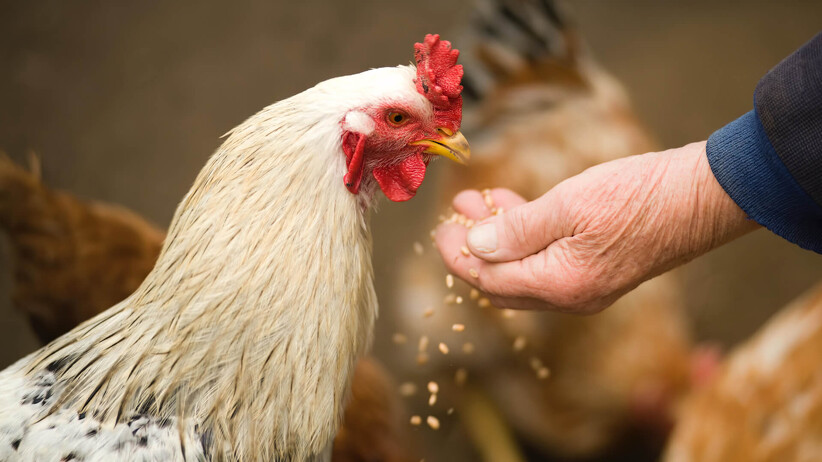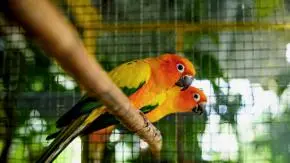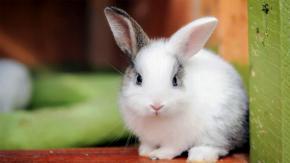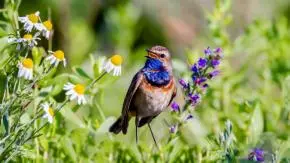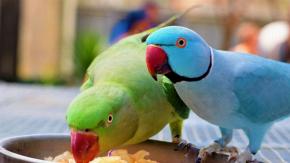Raising chickens on your farm can be one of the most rewarding tasks; however, choosing the right food can be tricky.
Although chickens tend to eat everything, you must be careful since certain food items can put their life at risk. In addition, some food items can cause them to develop long-term illnesses, which can cause a lot of discomforts.
As such, we have listed the various food items you should avoid to feed your chicken. So, without further ado, let’s proceed to the next section.
What Not To Feed Chickens
1. Nightshades
Nightshades are one of the most widely available vegetables on the market, and they come in different varieties such as eggplants, bittersweet and tomatoes. Although they might not look harmful, you should avoid feeding them to your flock since they can cause potential death. In fact, they contain alkaloids that cause birds to lose their appetite and increase their salivation.
High consumption of nightshades can cause the flocks to have a weakened heart rate and difficulty breathing. You can feed the chickens tomatoes, but you must feed them in moderation.
2. Rhubarb
Rhubarbs are well known for being an excellent ingredient to add to pies since it enhances the overall flavour. However, you should think twice before feeding these to your flock since it contains oxalates and oxalic acids. These chemical compositions are toxic to poultry and birds; therefore, you should avoid this vegetable as a part of the main diet.
In addition, excess consumption of rhubarb can cause the chickens to develop tremors, jaundice and other health problems.
3. Onions
Although onions might seem like a staple vegetable in everyday cooking, they are not safe for chickens since they contain harmful compounds. According to research, onions contain sulfoxides and sulphides at extremely high levels, which can damage the blood cells of the chicken.
This can further cause them to develop anaemia which is difficult to cure since most of the blood cells and immune cells are damaged due to the compound. As such, keeping your chickens away from onions is best if you grow them in the yard.
4. Butter
Butter is usually made from dairy; therefore, it doesn’t contain any toxins or harmful chemicals. However, it is a good source of high-fat content, which can be dangerous for your chickens.
The high-fat content interferes with the digestive system of the birds, which causes them to develop a slower metabolism. Hence, the body takes a long time to synthesise the extra fat, and this can make the chicken feel lazy. Besides this, it will cause your chicken to put on unwanted weight, which can cause several heart problems and runny stools.
5. Dried Or Raw Beans
Dried beans are well known for having an acute effect on humans; as such, you should be careful while feeding your chickens. In large quantities, they can kill your poultry within a short period; hence, moderation is a must. Amongst all the beans, we recommend keeping your chickens away from kidney beans since they can cause serious health issues.
Beans usually contain a compound known as phytohaemagglutinin, which can act as chicken toxins. In fact, there is no cure to save the chickens once they are a victim of the said toxin.
However, you can feed them beans, provided they are cooked thoroughly after you have soaked them overnight. This helps reduce the beans' toxins and makes them safe for chicken consumption.
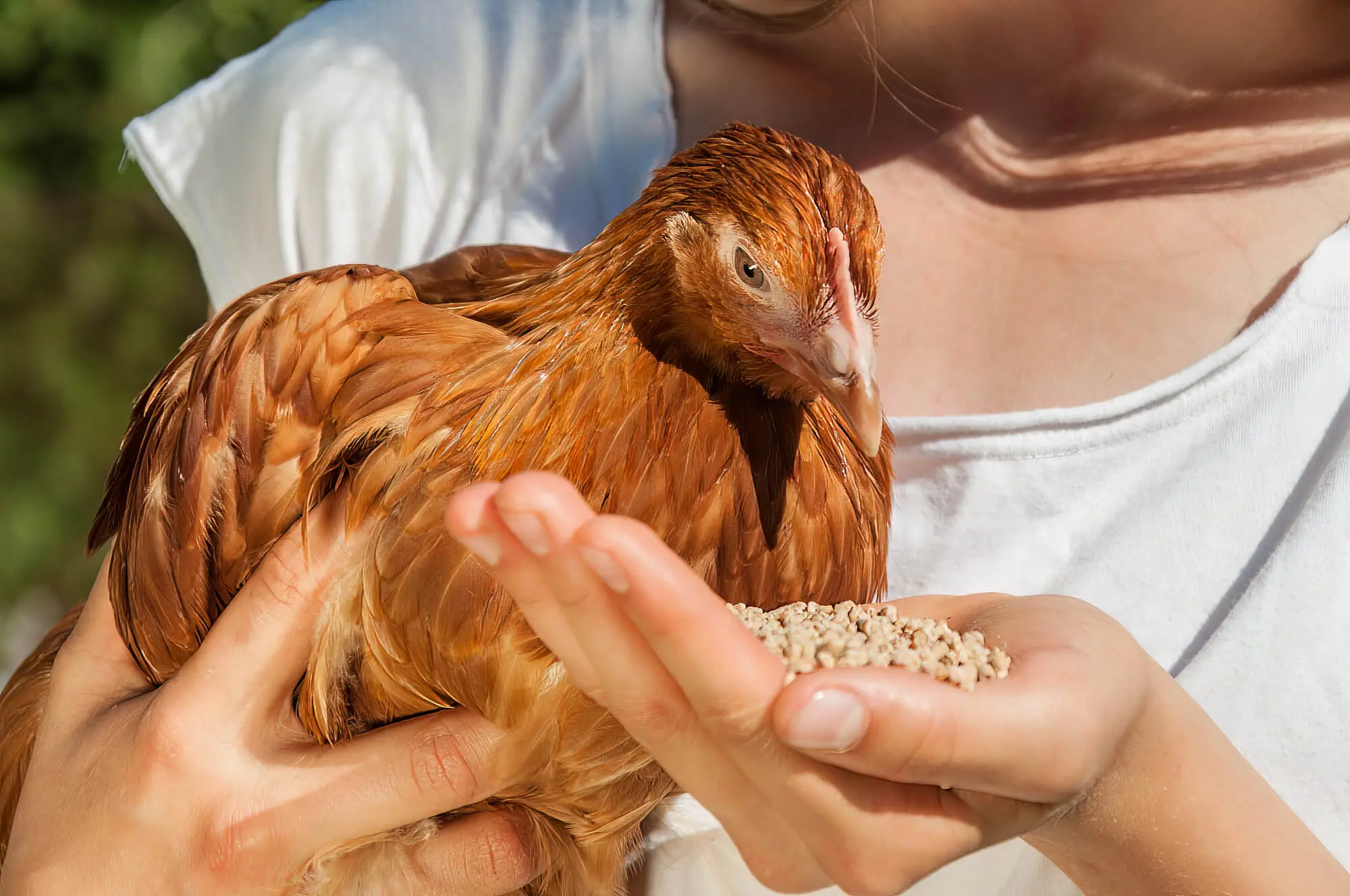
6. Mouldy Food
When it comes to food, we usually avoid mouldy food since it can cause severe health problems. However, some can bring different health benefits, but it is hard to determine which mould is good for chickens.
For safety reasons, owners should avoid feeding mouldy food to chickens since it can cause health complications. On that note, the food should be stored in a clean and dry place since a damp environment encourages mould to grow on food.
Foods such as apples, corn and nuts should be stored properly since the mould produces a harmful toxin known as aflatoxin. This toxin can cause liver cancer in poultry, animals, and humans.
7. Apple Seeds And Cherry Pits
Most farmers prefer to feed their chickens inedible fruit parts and poultry leftovers since it is cheap and easily available. Although there is nothing wrong with following this practice, you should be careful since certain fruit parts can be dangerous to chickens.
Cherry pits and apple seeds contain a harmful compound known as cyanide which is highly poisonous to chickens. This compound prevents the cells from using oxygen efficiently, and this causes the cells to die out eventually. Even a small amount of cyanide can cause instant death within a minute.
8. Parts Of Avocado
When it comes to avocados, most people find it hard to determine which part is safe for a chicken to consume. Some people claim that the entire avocado is poisonous, while others claim that only certain parts are harmful.
In reality, persin is found in the skin and seed of avocados, which can cause health problems in chickens. Apart from this, it can also cause difficulty in breathing which can trigger the chicken to die within 48 hours.
On the contrary, the flesh of avocados has low levels of persin, which makes them safe for chicken consumption. However, we do recommend feeding tiny amounts of avocado flesh to tone down the persin levels in the body.
9. Salty Food
Excess amounts of salt can cause the water level in the body to fall drastically. This will make the chicken feel extremely dehydrated and fatigued. Hence, you should keep salty food away from the chicken coop since it can alter the fluids in their bodies.
Make Sure You Feed Your Chicken The Right Food
With that, we have reached the end of this guide. As mentioned earlier, choosing the right chicken food will improve the chickens' health and help them live longer. Nevertheless, careful attention must be paid since not all food items can be a part of their diet.
We highly recommend you follow a strict diet since it helps boost the chickens' immunity. Moreover, you should avoid feeding chickens any food item that causes allergies. In case you have any further doubts regarding their diet, you can contact a vet for customised professional advice.
That said, stay safe and see you next time!

